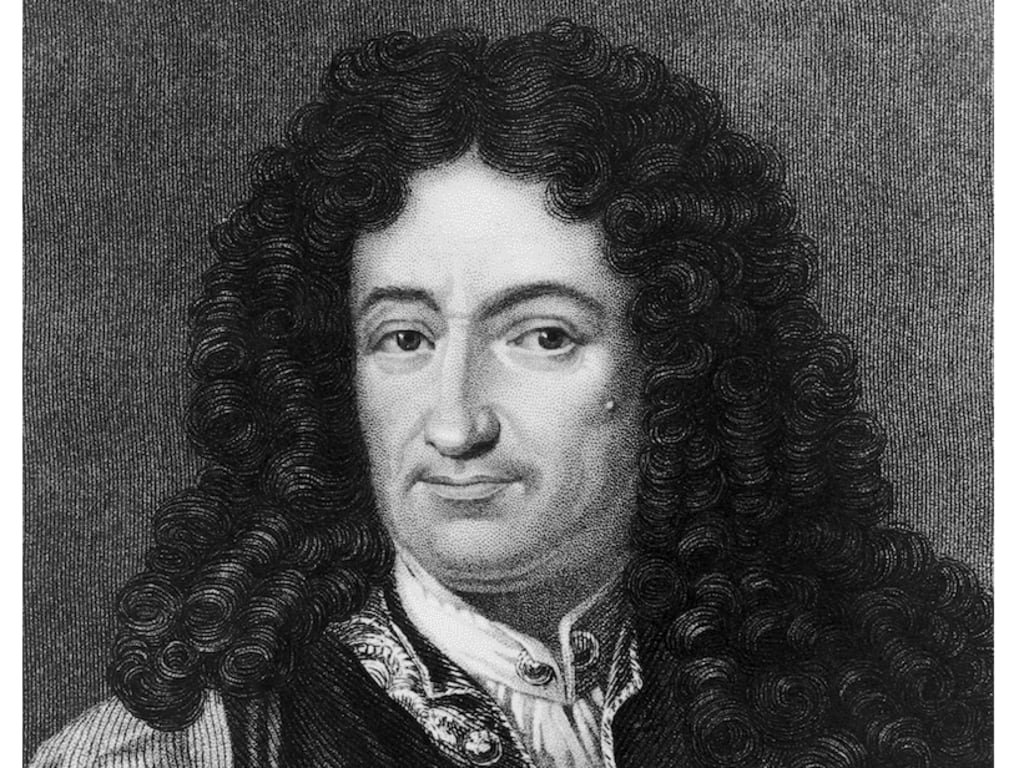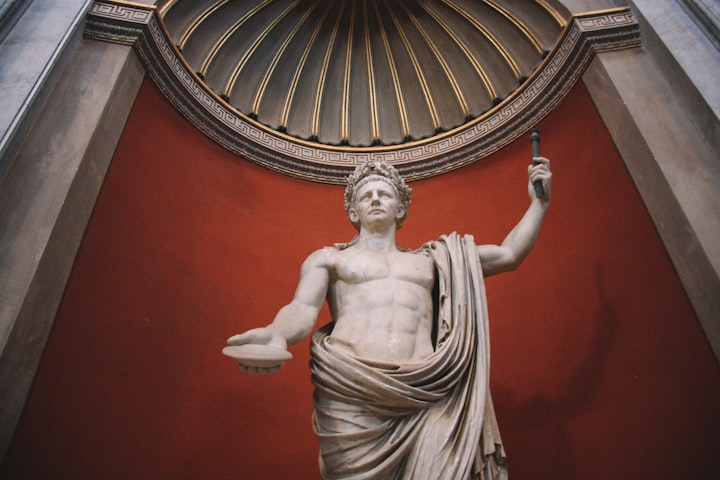Gottfried Wilhelm Leibniz Life Biography
Gottfried Wilhelm Leibniz Life Biography

Important inertia of Leibniz's interest in mathematics was his contact with Dutch mathematician Christiaan Huygens in Paris, which led to his founding of mathematical and divisive mathematics during his time in Paris.
Gottfried Wilhelm Leibniz has made profound and important contributions to the field of metaphysics, epistemology, logic, philosophy, religion, mathematics, physics, geology, law, and history. Advocate and philosopher, who served as the factotum of two great German houses, one of which became the British royal family (Gottfried Wilhelm Leibniz, Leibnitz von Leibniz) and the other as factotum, played an important role in European politics and communications at the time. Leibniz is regarded as a fine polymath and makes many important contributions to physics, law, politics, religion, mathematics, psychology, and other fields.
Denis Diderot, an 18th-century atheist, and materialist who saw Leibniz as an opposer could not help but marvel at his success. He wrote of him in his Encyclopedia of Encyclopedia: "No one has ever read, read, meditated, or penned as much as [Gottfried Wilhelm] Leibniz, and has not invented all humanity, God, nature, and soul in great beauty.
Gottfried Wilhelm Leibniz was a polymath scholar who contributed to many papers in many different fields but is best known for his contributions to mathematics in which he co-authored the dissertation with Sir Isaac Newton. Known for his independent invention of arithmetic, he remains one of the greatest mathematicians, thinkers, and thoughtful thinkers in history. He is known for his contributions to a variety of topics, including hope - the idea that the present world is the best world to be created - and that he has chosen God for good reason.
In the last years of Leibniz's life, the making of calculus under the cloud of Isaac Newton was considered a matter of independent discovery between the two gifted spirits. Most Europeans doubted that he had gotten the math without Newton, and all his mathematical and physics work was overlooked. In addition to his natural and factual ideas, however, his contribution to improving census had a profound effect on physics.
Leibniz turned to the philosophy of nature after studying the work of modern results in 1671 in a two-part work entitled The New Physical Hypothesis (Hypothesis in Physica nova). He developed mathematics and found the essence of his ideas on mathematics, physics, and philosophy. He then began to produce the first mature expression of his philosophy, beginning with a meditation on true knowledge and ideas (1684).
At Easter 1661 he entered the University of Leipzig as a law student, where he met the ideas of scientists and philosophers who transformed their fields, such as Galileo, Francis Bacon, Thomas Hobbes, and Rene Descartes. He started a self-study program with Huygen as his mentor, which led to significant contributions to mathematics and physics, including the development of his own version of divisive and compound notes.
During the time of Gottfried Wilhelm von Leibniz as a mathematician, he was well-known to public officials and the general public for his academic achievements, and he was regarded as a philosopher.
Gottfried Wilhelm Leibniz was born on July 1, 1646 in Leipzig, the son of the philosopher Friedrich LeIBniz and his mother-in-law and professor Catharina Schmuck. His father, a professor of moral philosophy at the University of Leipzig, died at the age of six. When he was six years old, his father died without leaving the library he had access to free of charge at the age of seven.
Leibniz joined the University of Leipzig at the age of 14 and completed his studies at the age of 20 with a focus on law, masters, and general studies in ancient philosophy, logic, and academic philosophy. He devoted his first two years to philosophy and studied at the age of 15 a junior university degree founded on scientific research in the history of philosophy in Germany.
Gottfried Leibniz made significant contributions to philosophy, engineering, physics, law, politics, philology, and theology. His greatest achievement was the discovery of a new mathematical formula called calculus. Leading features include logical calculations, combinatorics, algebra, his analysis of situs geometry, conditions, cosmic concepts, language, and much more.
Leibniz is credited with establishing a binary number system and promoting the idea that the Earth has melted. He founded the German Academy of Sciences, developed a powerful philosophy that asserted that the universe is subject to the immutable, ever-changing nature of the monarchy, sought to unite the Catholic and Protestant churches, established the science of trust, and was appointed Holy Counselor. The Roman emperor also appointed a baronet. Theodicy, formed by Leibniz's belief in the perfection of the human condition and that humanity should be based on sound philosophy, not religion, led to his belief in the necessity of living as a logical and reasonable basis for reason, which seemed absurd by looking at the physical and scientific laws of nature.
While living in Paris, Leibniz not only worked in physics and mathematics but also designed and calculated equipment, as well as many technological ideas such as an improved measuring system, an aneroid barometer, a description of the local ship, compass, submarine plans of water and a type of tank driven by an explosion of guns.





Comments
There are no comments for this story
Be the first to respond and start the conversation.